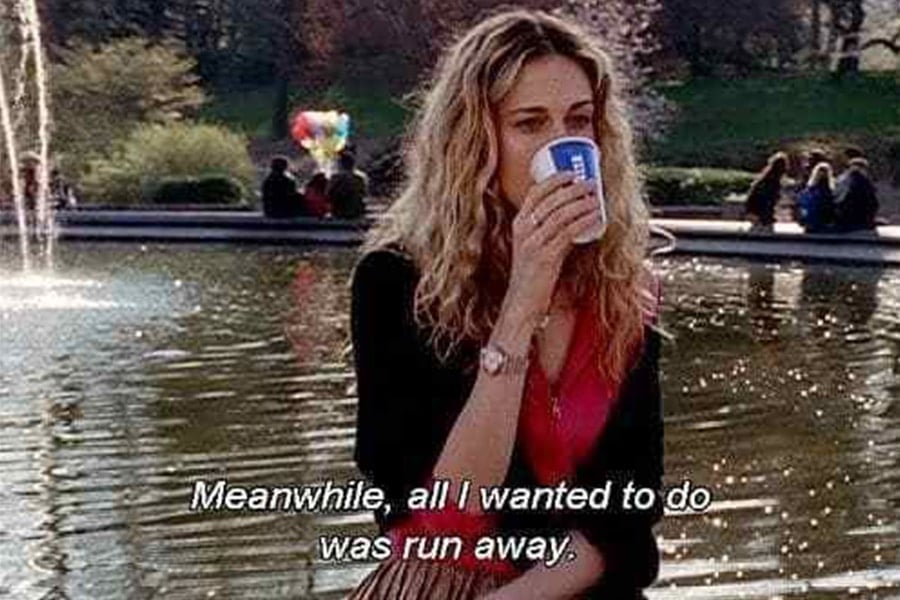
You don't need a calculator on hand to add up that the cost of living has become noticeably more expensive. Our bank accounts speak for themselves. From small luxuries like a cup of coffee to essential items like groceries and petrol, inflation is taking many of us down. There is a silver lining, however: where normally our concerns would disappear into the void, Anthony Albanese's Labor government appears to be listening. In line with one of its election promises, the new Prime Minister has put forward a suggestion to the the Fair Work Commission to increase the minimum wage in tandem with rising inflation. As always, the Coalition has something to say, so below we're breaking down what a minimum wage increase would mean.
How much has Albanese suggested the minimum award should increase by?
Interestingly enough, the Prime Minister hasn't specified an exact number, he merely said in a media release that "the Fair Work Commission’s Expert Panel conducting the Annual Wage Review" should "ensure that the real wages of Australia's low paid workers do not go backwards".
"For nearly a decade, low wages were a deliberate design feature of the Liberal National Government," the statement read. "That era is now over."
What the Labor government has actually suggested is that the increase should match the current rate of inflation which currently sits at 5.1% and is expected to reach 6% later this year according to forecasting from the Reserve Bank of Australia. This would amount to a $1 increase in the minimum award wage, putting it at $21.36.
In particular, the recommendation aims to target "those workers on low rates of pay who are experiencing the worst impacts of inflation and have the least capacity to draw on savings". This also speaks to the current government's goal to close the national gender pay gap as "many low-paid workers are young, female, in casual employment, and are far more likely to find themselves experiencing financial hardship," the statement continued. "These low-paid workers were also on the front line delivering essential services during the COVID-19 pandemic, including in the retail, hospitality, aged care, cleaning, and childcare sectors."
Does this mean we will see an increase in the minimum award wage?
Although the Labor government has officially put forward a recommendation to the Fair Work Commission (FWC), ultimately it is up to the FWC, an independent body, to decide at what rate it will increase wages by, if it does at all. This process occurs as part of its Annual Wage Review and is being deliberated on this June, with any changes in wages to officially set in from July 1.
What has the Coalition said?
In the lead up to the Federal Election, Scott Morrison was vocal about his stance against the minimum wage increase stating that "it's like throwing fuel on the fire of rising interest rates and rising cost of living". But Prime Minister Albanese said that this was "nonsense", and current employment minister, Tony Burke rebutted that “inflation is not being driven by high wage growth. How do we know this? We don’t have high wage growth,” he said.
Then Finance Minister Simon Birmingham also said it was not the place of the current government to "interfere" and make recommendations to the Fair Work Commission.
However, on the ABC News Channel Professor John Buchanan from the University of Sydney's Workplace Research Centre said that is simply not true. "If you look back at over 100 years of wages policy, governments have usually put in a clear statement of what they think the state of the economy is and what the quantum of the wage increase should be."
Australian Chamber of Commerce and Industry CEO, Andrew McKellar even went so far to say that the current government has "every right to" make these suggestions. "They've got many analysts at their disposal, many good economists, I think it's entirely reasonable for government to pull up that data and information together and express a view about what is supported by the facts," he told the ABC.
Across the ditch in New Zealand, the government recently increased minimum wage by 6% to mirror its inflation rate which is slightly higher than Australia.
Image: Pinterest



